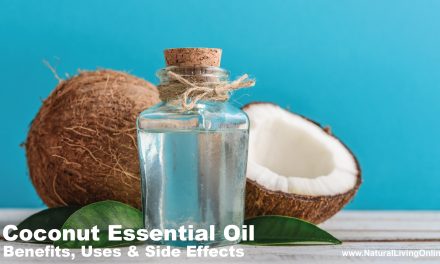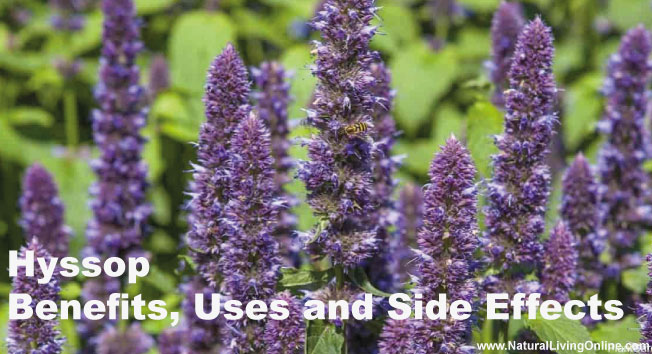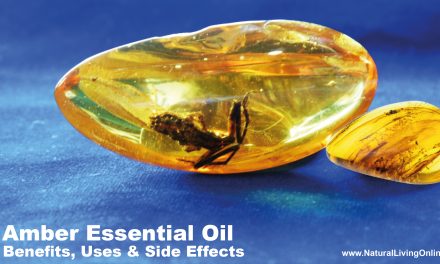Essential oils are everywhere these days. They can be found in the grocery store, at beauty supply stores, and even sometimes at your favorite coffee shop. You might not know it but essential oils have been around for centuries. The earliest documented use of essential oils was recorded on papyrus from Ancient Egypt circa 1500 B.C., where they were used as perfume and an ingredient in embalming mixtures. Essential oils are now known to contain powerful medicinal properties that promote wellness when used correctly.
There are a wide variety of essential oils available on the market and each has its own unique properties. Some essential oils are great for promoting relaxation, while others are helpful for boosting energy levels. Essential oils can also be used to help treat a variety of health conditions. Here is a list of some of the most common medicinal uses for essential oils:
Aromatherapy: Aromatherapy is the use of essential oils to promote wellness. When used correctly, aromatherapy can be an effective way to improve your mood, reduce stress levels, and even boost your immune system.
Respiratory problems: Essential oils can be helpful in treating respiratory problems such as asthma, bronchitis, and sinus infections. Some essential oils, such as eucalyptus and peppermint, are known to help clear congestion and improve breathing.
Digestive problems: Essential oils can be helpful in treating digestive problems such as constipation, diarrhea, and indigestion. Some essential oils, such as ginger and peppermint, are known to help stimulate the digestive system and promote better digestion.
Pain relief: Essential oils can be used to provide pain relief for a variety of conditions including headaches, muscle pain, arthritis pain, and menstrual cramps. Some essential oils, such as lavender and chamomile, are known to have relaxing effects that can help reduce stress-related.
Skin care: Essential oils can be used to improve the appearance and health of your skin. Some essential oils, such as grapefruit and lavender, are known to reduce oil production in the pores which helps keep pore-related problems like acne at bay.
Weight loss: Essential oils can help with weight loss when combined with an appropriate diet plan. Peppermint is especially useful in helping suppress appetite while increasing energy levels.
Insomnia: Lavender oil is known for its ability to promote relaxation and induce sleep. It can be used alone or combined with other relaxing essential oils such as chamomile or marjoram for an even more powerful effect.
Nausea: Inhalation of essential oils is a common way to reduce nausea and one example includes peppermint with ginger root oil.
vomiting, particularly during morning sickness in pregnant women. This method works by the sense of smell causing changes in brain activity that may influence digestive functions such as gastric contractions or bile production. Essential oil combinations are popular for this purpose; ginger oil combined with lavender, for example.
Colds and Flu: Essential oils such as eucalyptus, lemon, and thyme can be helpful in relieving the symptoms of colds and flu. Inhalation of these oils helps to clear the sinuses and throat, while topical application can help reduce fever and chest congestion.
Athlete’s Foot: Tea tree oil is a well-known remedy for athlete’s foot due to its anti-fungal properties. It can be applied directly to the affected area or added to a bathtub full of water.
Bug Bites: Lavender oil is effective in preventing bug bites from becoming infected and also has a soothing effect on inflamed skin. It can be applied directly to the skin or added to a carrier oil such as jojoba or sweet almond oil.
Scarring: Various essential oils have been shown to promote healing and reduce scarring. Lavender, frankincense, and myrrh oils are all beneficial for this purpose. They can either be applied directly to the affected area or used in massage therapy.
Stress Relief: Essential oils are a great way to relieve stress and promote relaxation. Some of the most popular oils for this purpose include lavender, chamomile, geranium, and bergamot. These oils can be inhaled directly from the bottle or diffused into the air an aromatherapy diffuser.
Deodorizing: There are many essential oils that can be used to help control body odor. Popular ingredients in deodorants include tea tree, lavender, peppermint, and lemon oil.
Antiseptic: Tea tree oil has long been used as an antiseptic for minor cuts, scrapes, and burns. It can also be effective in treating fungal infections of the skin such as athlete’s foot or ringworm.
Sinus Infections: Peppermint oil is a popular remedy for sinus infections due to its ability to open up the nasal passages and relieve congestion. It can be inhaled directly or added to a steam bath.
Stomach Aches: Essential oils can be effective in relieving stomach aches, one example includes ginger oil. This oil is especially helpful when combined with peppermint or spearmint for nausea relief after surgery or illness.
Eczema & Psoriasis: There are many different ways that essential oils can promote healing of the skin including frankincense, helichrysum (everlasting), lavender, myrrh, patchouli , tea tree , and ylang-ylang oil.
Acne: Essential oils can be used both for their anti-inflammatory effects on the skin as well as their antibacterial properties to help treat acne. Tea tree, lavender, frankincense, and myrrh are all beneficial in this regard due to their ability to reduce inflammation while also killing bacteria that may cause infections.
Cellulite Reduction: Due its high antioxidant content of essential oils such as rosehip seed , grapefruit, sweet almond carrier oils have been shown effective at reducing cellulite . They work by increasing circulation which helps break up fatty deposits under the skin’s surface. The antioxidants present in these ingredients aid in protecting against free radicals which contribute towards premature aging or wrinkles caused by sun exposure.
Varicose veins: As well as the high antioxidant content, grapefruit oil has also been shown effective at treating varicose veins due to its ability to improve circulation . Grapefruit is often used in combination with rosemary or cypress oils which are both beneficial for this purpose as well.
Sore Muscles & Sprains: Essential oils such as peppermint and eucalyptus can be helpful for soothing sore muscles and reducing swelling after an injury like a sprain. These ingredients should not be applied directly to open wounds but used externally on effected areas of the skin instead. They can either be added to carrier oil or diluted into witch hazel before being rubbed onto the affected area until absorbed by the skin.
Headaches: Essential oils such as lavender, peppermint , and eucalyptus can be helpful for relieving headaches . These ingredients may also help to prevent future headaches due their ability to improve blood flow throughout the body. Peppermint oil is especially popular amongst migraine sufferers since it has been shown beneficial at relaxing muscles in the head and neck which are often tense during an episode of this type of headache. It can either be inhaled directly from a handkerchief or applied topically with carrier oils like jojoba or sweet almond oil after being diluted into witch hazel extract first.
Essential oils can provide a host of health benefits when used correctly. By understanding the properties of different essential oils and how they can be used medicinally, you can start incorporating these powerful natural remedies into your own wellness routine.
Tips for using essential oils safely: There are several things you should know about using essential oils before starting a regimen that involves them. First, it’s important to remember that not all essential oils are safe for use on humans – some should only be used topically or aromatically (not ingested). Second, many essential oils should not be used during pregnancy or while breastfeeding. Third, essential oils should always be diluted with a carrier oil before use. And finally, it’s important to do your research and consult with an aromatherapist or other healthcare professional before using essential oils for medicinal purposes.
This website does not provide medical advice.
All information provided on this website, and on associated social media networks, including but not limited to texts, images, and numbers are for general information purpose only. It is not intended as medical advice and it does not include all possible precautions, side effects, or interactions that may occur. Neither NaturalLivingOnline.com nor its author/founder take responsibility for how you use this information. Statements contained on NaturalLivingOnline.com have not been evaluated by the FDA. You should conduct thorough research via multiple sources and consult your physician or qualified doctor before using any essential oil or herbal remedy. Information on NaturalLivingOnline.com must not be relied upon for medical, legal, financial or other decisions.













